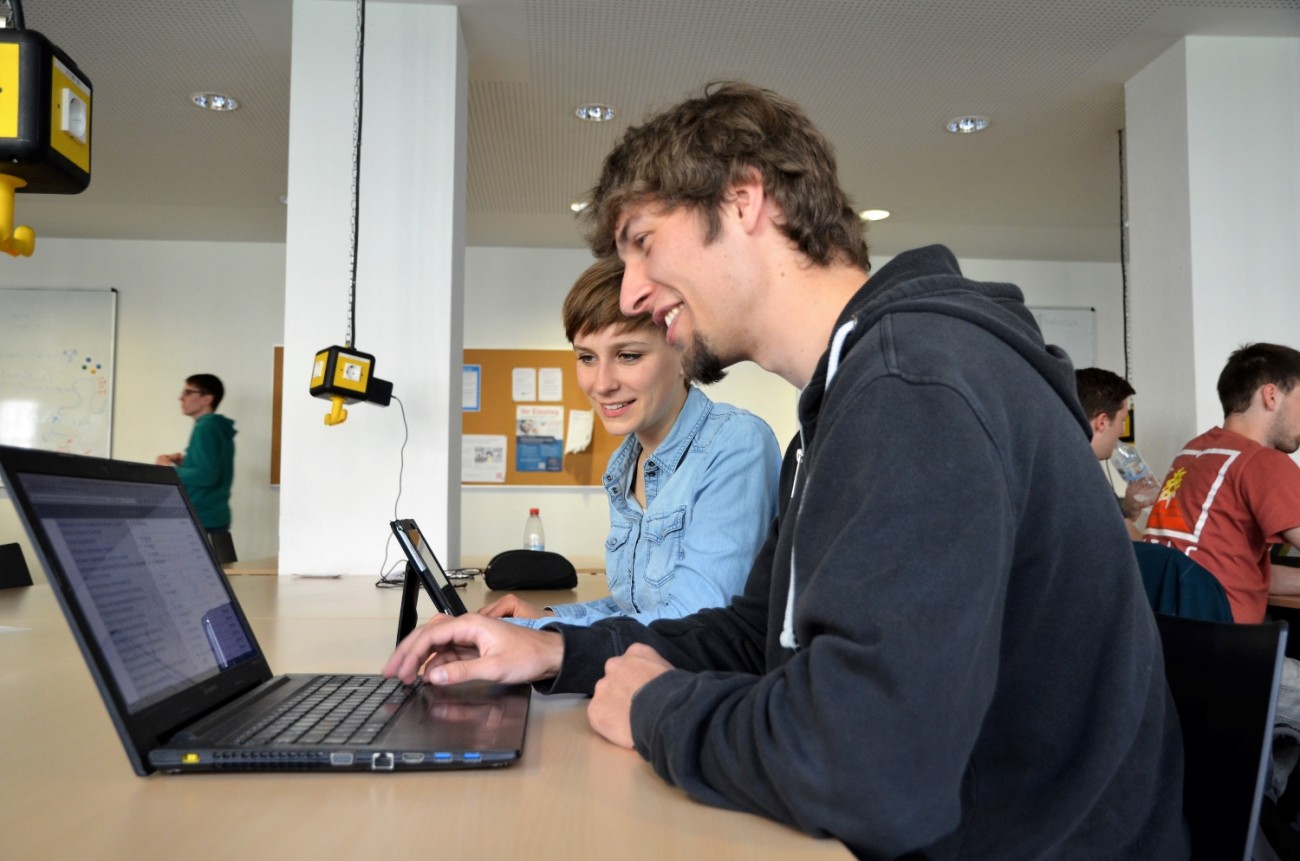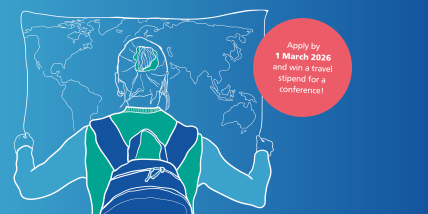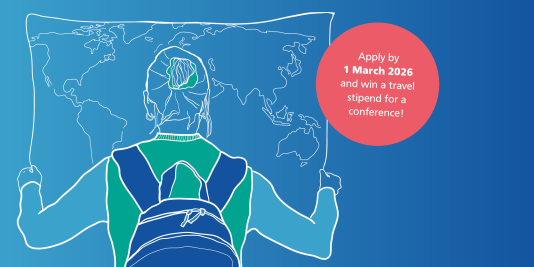Computer Science

Students
The professors and research assistants of the department offer a comprehensive basic education in computer science. It combines fundamental subject competencies and methods with a project-based and practice-oriented education. After successfully completing their Bachelor's degree, students can choose their Master's topic from various socially relevant research areas.

News for Students
-
![Set of hand drawn back to school element vector illustration]() Bild: ezzy - stock.adobe.com
Bild: ezzy - stock.adobe.com![Set of hand drawn back to school element vector illustration]() Bild: ezzy - stock.adobe.com
Bild: ezzy - stock.adobe.comKindervorlesung im Wissenschaftsschloss
Februar 17, 2026
21.2.26, 10 Uhr | Kreativ, bunt und für alle: Entdecke gemeinsam die Welt der Informatik!
Was haben Zeichentrickfilme, Musik, Kunst, Spiele, Roboter und Apps gemeinsam? Informatik! In dieser Kindervorlesung der Bürgerstiftung Darmstadt schauen wir zusammen, wie vielfältig und bunt Informatik wirklich ist. Isabella Graßl, Gender-MINT-Professorin am Fachbereich Informatik, lädt alle Kinder zum Mitmachen ins Wissenschaftsschloss ein.
-
![]() Picture: Eiléen Bosselmann
Picture: Eiléen Bosselmann![]() Picture: Eiléen Bosselmann
Picture: Eiléen BosselmannFemale Student Travel Award 2026
February 03, 2026
Apply now until 1 March 2026
Are you a student passionate about innovation, technology, and building connections? This is your chance to attend leading events connecting female researchers in computer science and engineering, or a scientific conference – apply now for the Female Student Travel Award!
-
![Portrait von Frau Adi Akavia, ATHENE-Professorin an der TU Darmstadt und Abteilungsleiterin am Fraunhopfer SIT]() Picture: Patrick Bal
Picture: Patrick Bal![Portrait von Frau Adi Akavia, ATHENE-Professorin an der TU Darmstadt und Abteilungsleiterin am Fraunhopfer SIT]() Picture: Patrick Bal
Picture: Patrick BalNew ATHENE Professorship for Cybersecurity
January 30, 2026
With the appointment of Adi Akavia, TU Darmstadt and ATHENE are strengthening Darmstadt’s cybersecurity research center
Professor Adi Akavia is an internationally recognized expert in applied cybersecurity and took up an ATHENE professorship at the Department of Computer Science at TU Darmstadt and the position as head of department at the Fraunhofer Institute for Secure Information Technology SIT at the beginning of the year. The dual role combines cutting-edge academic research with practical application in a key area of cybersecurity.






